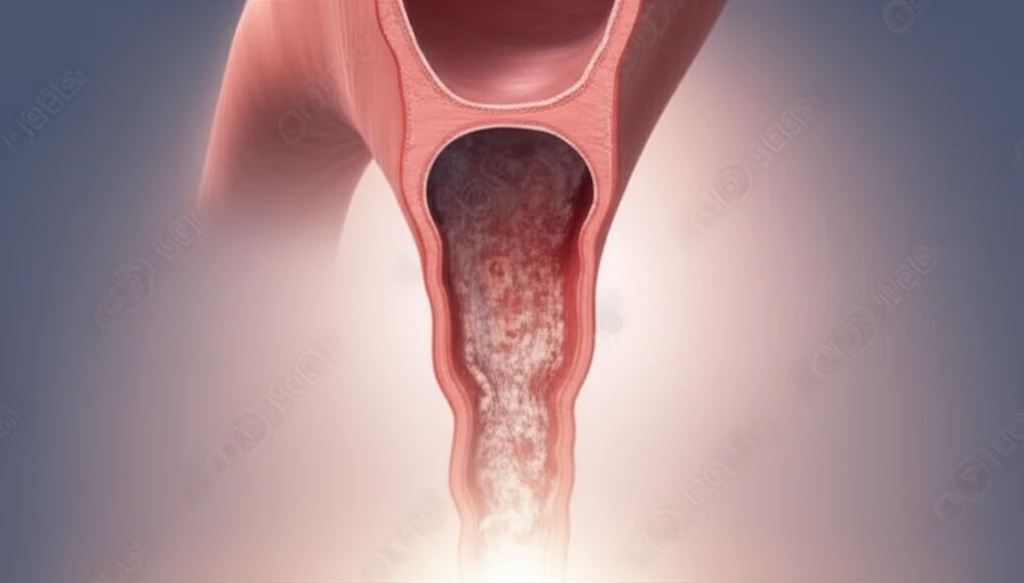
Decoding Candida Esophagitis: Symptoms, Diagnosis, and Effective Treatments
"A comprehensive guide to understanding Candida Esophagitis, its causes, symptoms, diagnosis, and the latest treatment options for long-term relief."
Candida Esophagitis, an often overlooked but significant health issue, is characterized by the inflammation of the esophagus due to Candida fungal infection. While many associate Candida with common yeast infections, its presence in the esophagus can lead to distinct and uncomfortable symptoms. Recognizing the condition is crucial for prompt and effective management.
This guide delves into the specifics of Candida Esophagitis, starting with a detailed look at its causes and risk factors. Understanding what makes you susceptible is the first step in prevention. From there, we'll explore the telltale signs and symptoms that distinguish this condition from other esophageal issues. Accurate diagnosis is pivotal, and we will cover the methods healthcare professionals use to confirm the presence of Candida Esophagitis.
More importantly, we'll provide an in-depth analysis of the treatment options available. From antifungal medications to lifestyle adjustments, we'll equip you with the knowledge to manage and alleviate the discomfort associated with Candida Esophagitis. Whether you're seeking information for yourself or a loved one, this guide aims to be a comprehensive resource for understanding and addressing this condition effectively.
What are the key symptoms of Candida Esophagitis to watch out for?

Candida Esophagitis manifests with a range of symptoms that can significantly impact daily life. Difficulty swallowing, medically termed odynophagia, is a primary indicator. This sensation can range from mild discomfort to sharp pain, making eating and drinking unpleasant.
- Painful Swallowing (Odynophagia)
- Chest Pain or Burning Sensation
- Food Impaction Sensation
- Nausea
- Vomiting
Taking Control of Your Esophageal Health
Candida Esophagitis, while uncomfortable, is a manageable condition with proper diagnosis and treatment. Recognizing the symptoms early, understanding the risk factors, and seeking timely medical attention are crucial steps in alleviating discomfort and preventing recurrence. By working closely with your healthcare provider and adopting a proactive approach to your health, you can effectively manage Candida Esophagitis and improve your overall quality of life. Remember, knowledge is power, and understanding your condition is the first step towards a healthier future.
